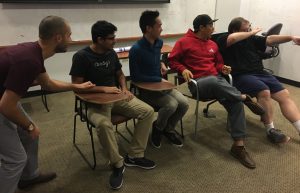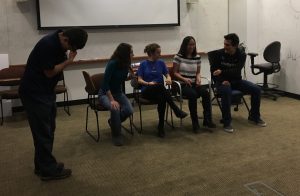New Security Lab in Gates Center
The Security Lab has a new home! At the end of January, we moved across the street into the new Bill & Melinda Gates Center for Computer Science & Engineering. We’re excited for the new space — especially the exterior windows with a partial view of Lake Washington — and room for growth! We’d like to extend a huge thank you to all of the donors who made this incredible building a reality, particularly Jim & Catherine Allchin, for whom our new lab space is named.
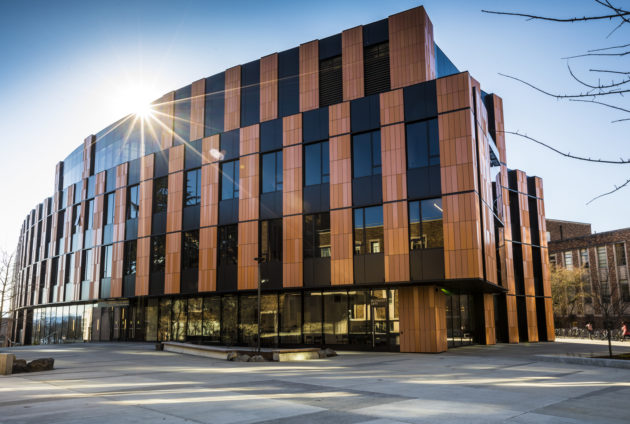
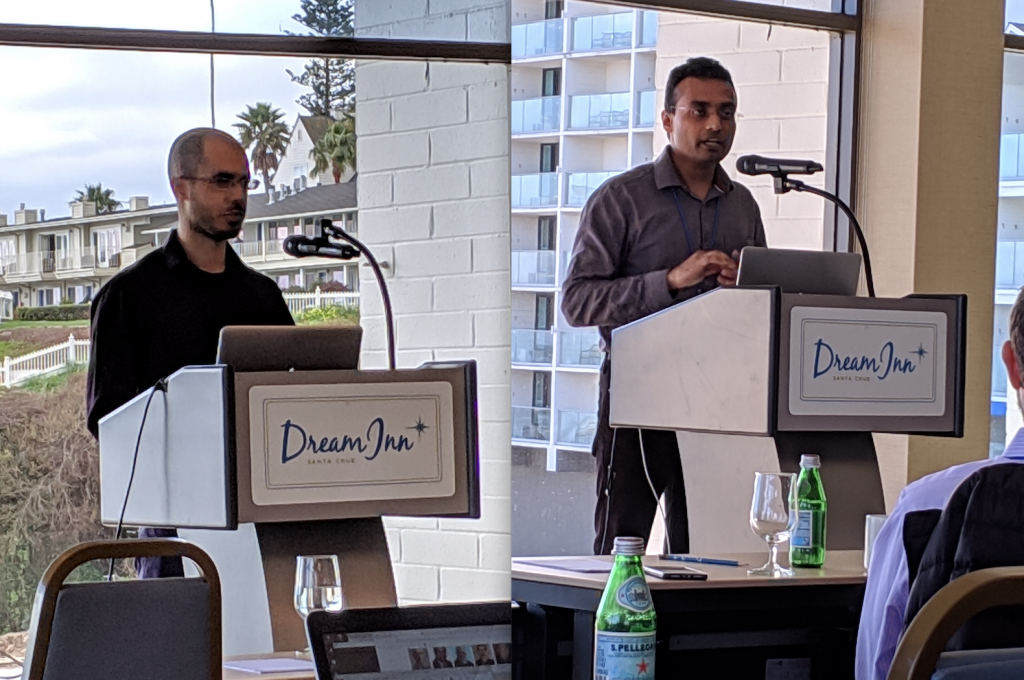
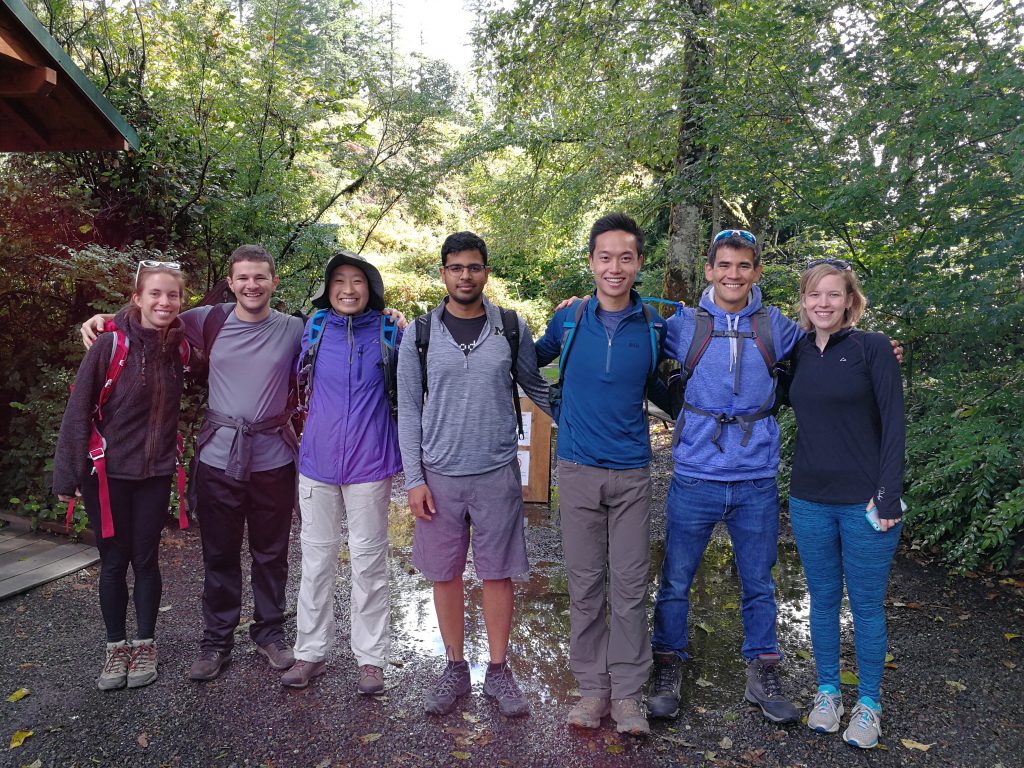
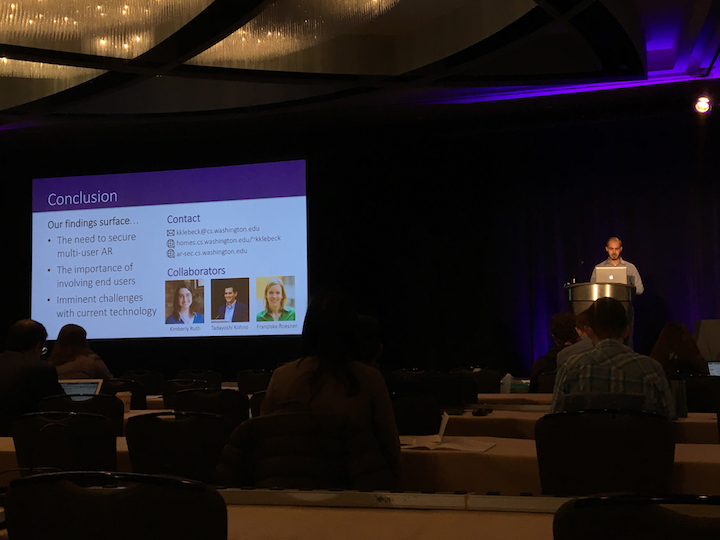
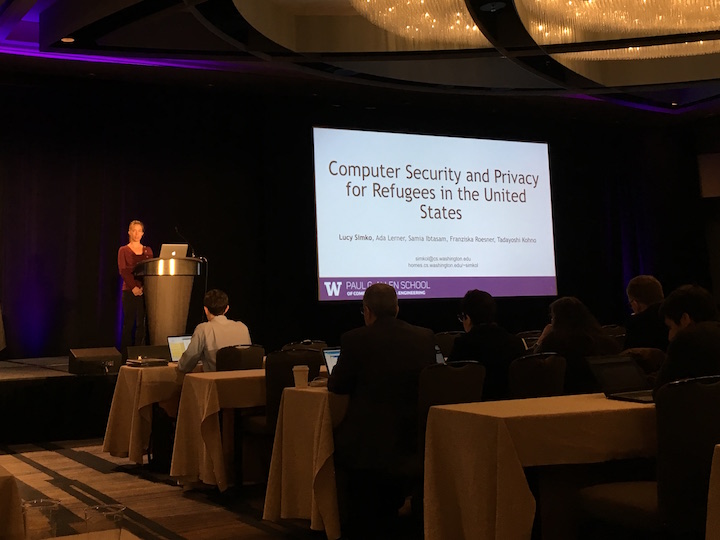
 Congratulations once again to Security and Privacy Lab undergraduate
Congratulations once again to Security and Privacy Lab undergraduate 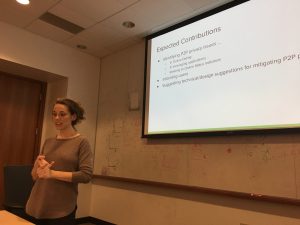
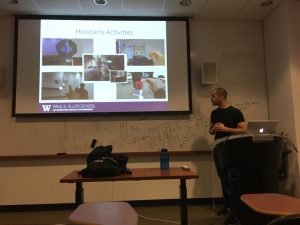

 Kimberly Ruth was named as a Finalist for the 2018
Kimberly Ruth was named as a Finalist for the 2018 